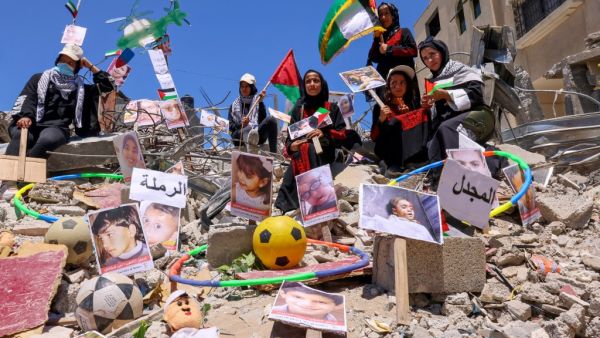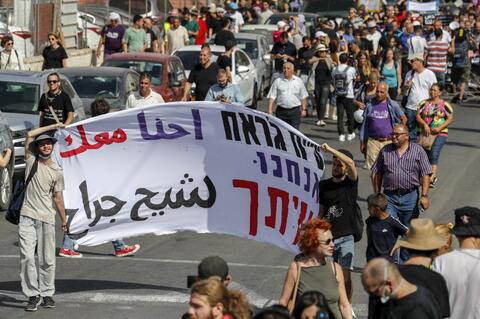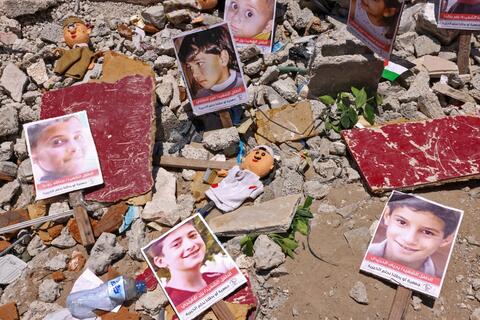Israeli forces carried out a full-scale military offensive against the Gaza Strip targeting civilian areas and infrastructure, in a clear violation of international humanitarian law.
During this attack, Israel damaged paved roads and other infrastructure, including Gaza's sewage treatment stations and networks. 18 sewage water pumps were damaged and Gaza’s central sewage treatment stations were unable to function as employees were unable to go to their workplace due to the intensity of the situation.
"We, the undersigned, call on the University of Manchester to end its research partnership with Tel Aviv University, a university deeply implicated in Israel’s premeditated bombing of civilians and civilian infrastructure in Gaza."https://t.co/4CU4FAmJm8
— Quds News Network (@QudsNen) June 16, 2021
The Gaza Electricity Distribution Company recently announced that its power supply services will be intermittent due to the lack of fuel used to generate electricity, caused by Israel's ban of entering fuel. With the limited capacity of power supply due to the Israeli airstrikes of electricity networks, sewage water is directly treated into the sea. As a result, nearly two million Palestinians in Gaza now face a serious public health emergency.
In Palestinian refugee camps the condition is even worse where residents of the camp are suffering the shortage of clean water and bad health conditions since the Israeli blockade was imposed for more than 15 years. This led to the increase of diseases among the residents.
Airstrike on an empty field [underground infrastructure], Beit Lahiya, northern #Gaza
— Aleph א (@no_itsmyturn) June 17, 2021
In addition to the Israeli blockade imposed on the Gaza Strip for about 15 years, the continuous violence against civilians and infrastructure has increased the suffering of 2 million Palestinians and undermined their right of living and health.
This article has been adapted from its original source.










